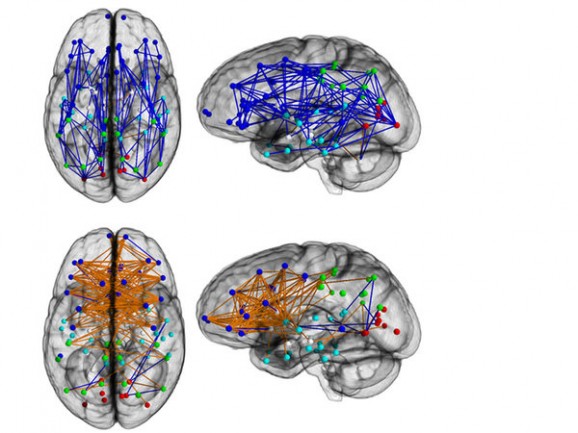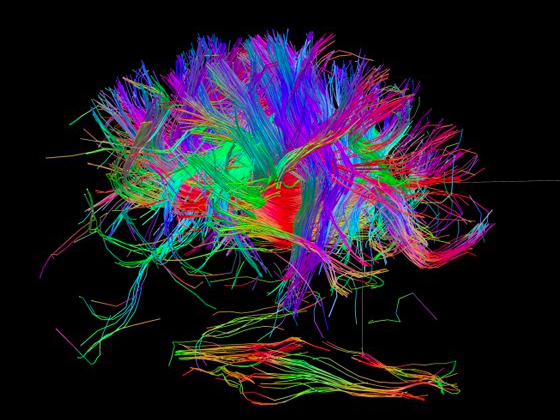New Study Shows That Male And Female Brains Are Hard-Wired Differently
This article is more than 2 years old
 At the risk of pissing off a wide swath of reasonable people, I’m going to make a pretty bold assertion: women and men aren’t equal. I’m female, and I obviously believe that women are fully capable and often more intelligent (especially emotionally) than men, but I’ll admit that I don’t believe women can do everything men can do equally well, just as I don’t believe men can do everything women can equally well. It’s not about intelligence or capability, nor is it about better or worse—it’s largely about fundamental physiological and biological differences. Researchers at the University of Pennsylvania Perelman School of Medicine published findings in the Proceedings of the National Academy of Sciences this week that conclude that male and female brains are hard-wired differently.
At the risk of pissing off a wide swath of reasonable people, I’m going to make a pretty bold assertion: women and men aren’t equal. I’m female, and I obviously believe that women are fully capable and often more intelligent (especially emotionally) than men, but I’ll admit that I don’t believe women can do everything men can do equally well, just as I don’t believe men can do everything women can equally well. It’s not about intelligence or capability, nor is it about better or worse—it’s largely about fundamental physiological and biological differences. Researchers at the University of Pennsylvania Perelman School of Medicine published findings in the Proceedings of the National Academy of Sciences this week that conclude that male and female brains are hard-wired differently.
Many of us are used to the right-brained/left-brained approach to the complicated organ in our noggins, but the recent research suggests that the division is more a female-brained/male-brained one. The UPenn researchers mapped the brains—specifically, the connectomes, or neural connections within the brain—of 428 males and 521 female between the ages of 8-22. Using diffusion tensor imaging, they outline the connectomes between neurons, as well as the electrochemical signals being sent along them. They found that the front-to-back circuits (intrahemispheric) that link perception and action were stronger in male subjects, while the left-to-right circuits (interhemispheric) that link analysis and intuition were stronger in women. One way to think of the differences is longitude versus latitude. The male subjects had greater connectivity between hemispheres, while women had greater connection between sides.

Such findings could, however, lead to gender-specific treatments of brain disorders. A number of ailments, such as autism, have a distinct gender divide: men are four times more likely to have the disorder. The study also lends insight into how brain maturation affects one’s psychological state and tendency to develop a psychiatric condition. Interestingly, some of the differences between male and female brains grew less notable over time.
The implications of this study are pervasive, and we can’t even anticipate them all at this point. But anything that gets us closer to understanding the wonder that is the human brain is unquestionably worth our time and effort, regardless of gender.












